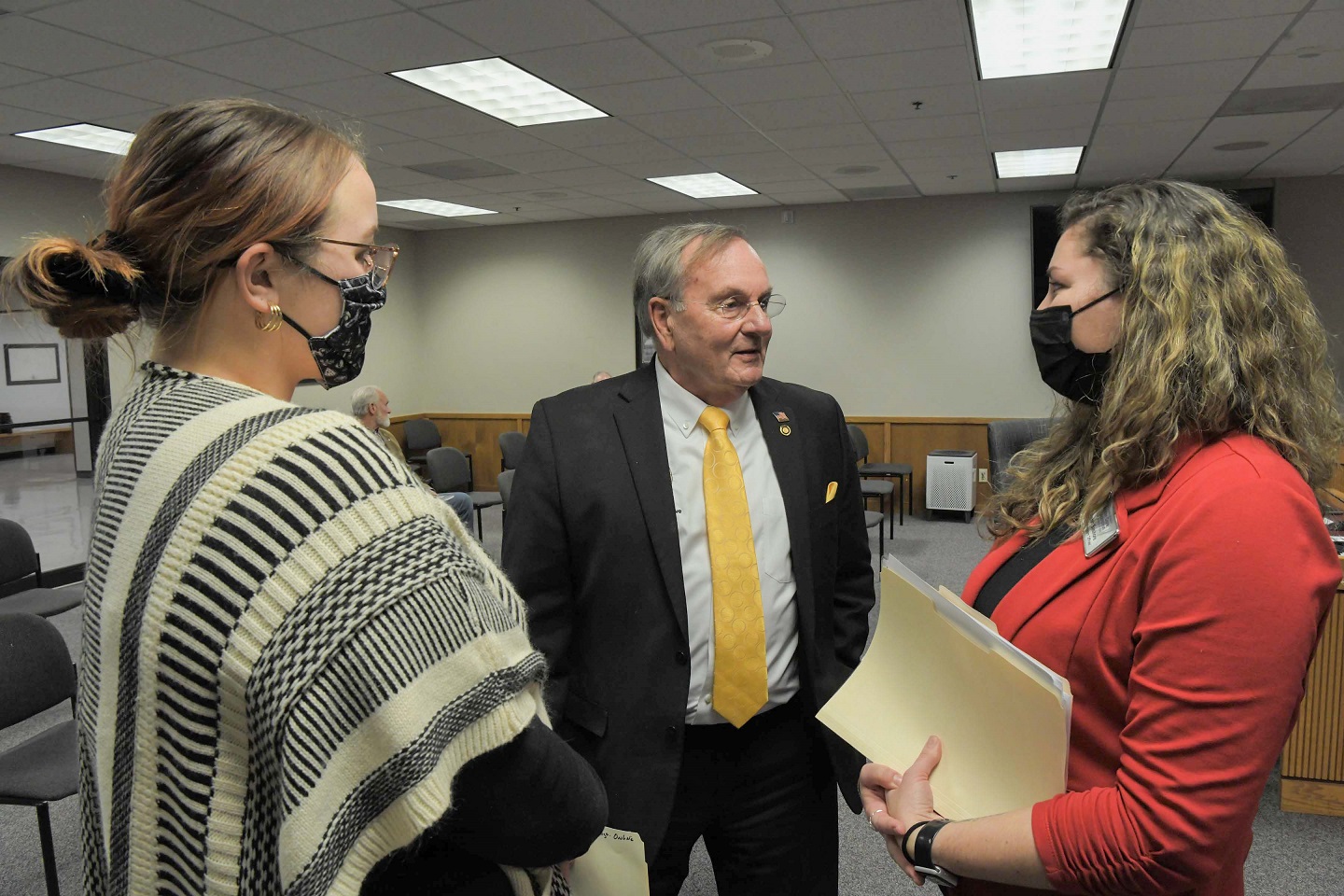A House member wants the state to put more effort into finding family members with whom to place children who are taken into state custody, before placing them with strangers.

Jefferson City representative Dave Griffith (R) thinks the state Children’s Division could do more to that end, and some agencies who support his bill agree with him.
“We want to go 50 deep if we have to, to try to find somebody that is going to be a good match for that child, that is going to be able to provide that child with a safe and healthy place to live,” said Griffith. “It really comes down to what is going to be best for the child or the children, and trying to keep children and families together rather than separating families.”
Griffith said he has heard from a number of constituents who have their own, “stories and their own personal nightmares that they are dealing with when their children are taken from them and trying to get their children back and … having their children separated and not being able to go to relatives, or going to wrong relatives and it being injurious to their future, and many of them, to their health.
Griffith’s House Bill 1563 would require the Division to make “diligent searches” for biological parents when a child enters state custody. In the case of an emergency placement, the Division would search for grandparents. If they can’t be found or aren’t fit, it would then look for other relatives for placement within 30 days.
Members of the House Committee on Emerging Issues asked Griffith whether his proposal would simply place burdens on overworked, underpaid, members of an understaffed agency. Griffith agreed those are concerns for the Division, “but I think that there are resources that are available to [the Division] which are not being utilized to the fullest. I think if we can utilize these agencies … those are a resource that they can use … and we already have them under contract.”
Sarah Bashore with the Central Missouri Foster Care and Adoption Association told the committee that her agency, serving 24 counties, helped find family members for 34 children in state care in the last two quarters of the last fiscal year. She said it could help even more children, but the Children’s Division hasn’t being asking.
She believes as employees with the Division leave and are replaced, those new hires simply don’t know that her agency and others like it are available, or how they can be used.
She said similar agencies cover other parts of the state, “So we would just ask that we continue doing our work and, if at all possible, if they do some of the work as well then I think, combined, that we’ll see a lot less kids in stranger foster care.”
Bashore said her agency and others are simply more capable and have more resources than Children’s Division for doing the kinds of searches that Griffith’s bill would require, and with compelling results.
Bashore added, there could be an additional benefit to the state if more children were placed with family members rather than in foster care.
“For a child to remain in foster care it’s more than $25,000 a year,” said Bashore.
The committee has not voted on Griffith’s proposal.